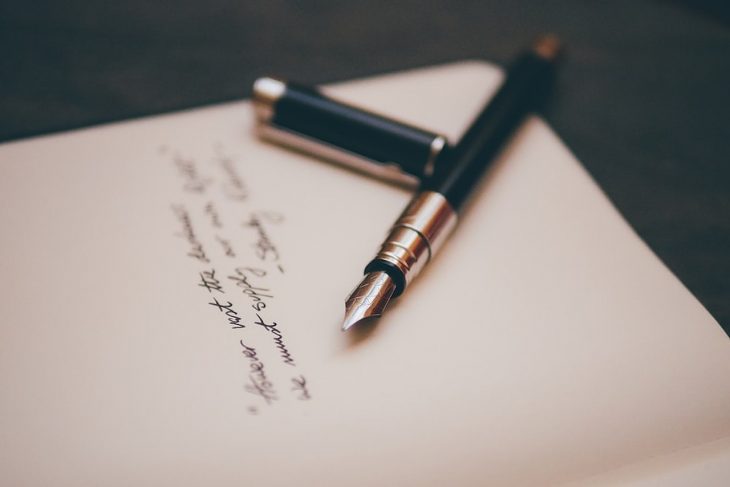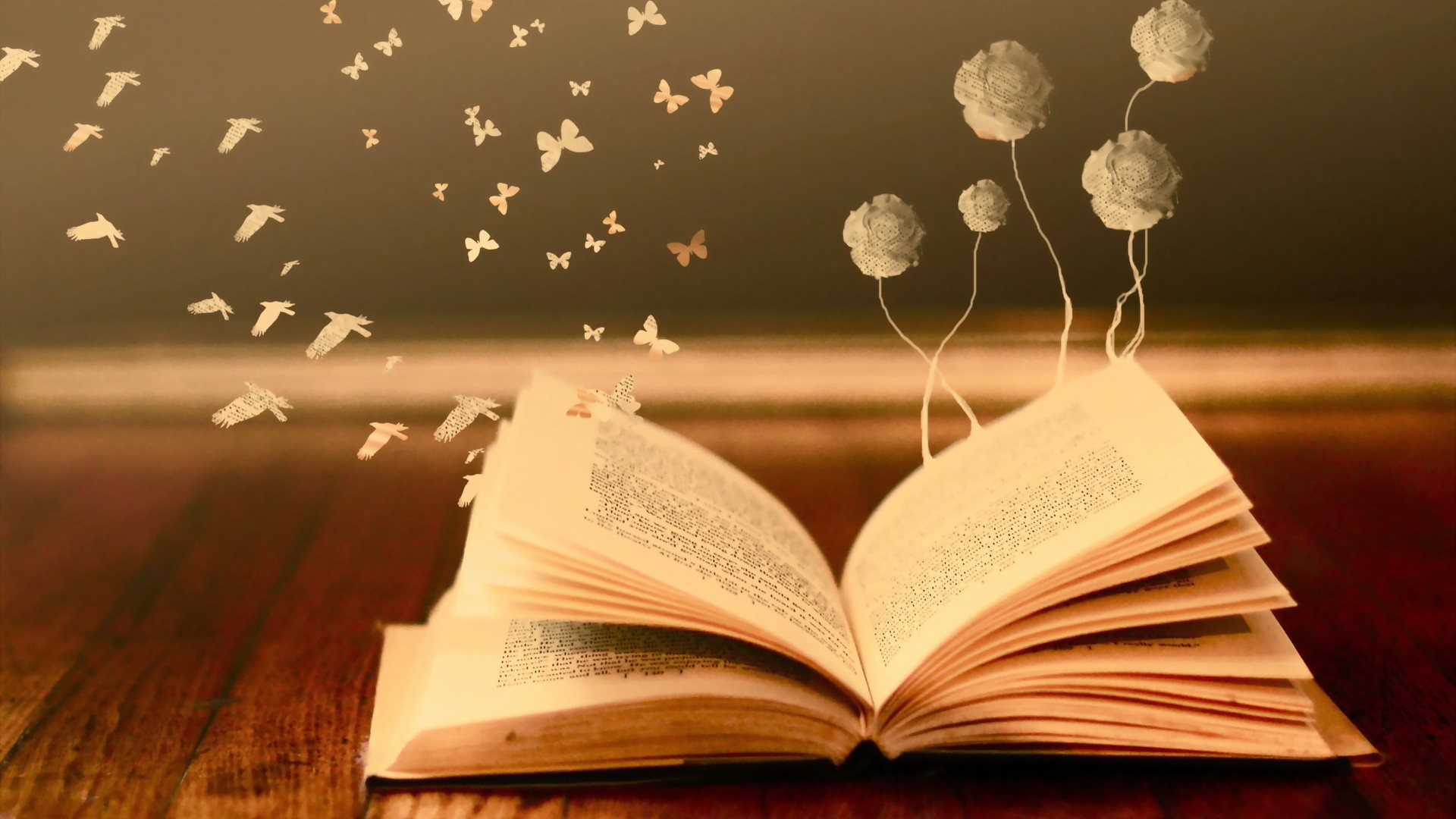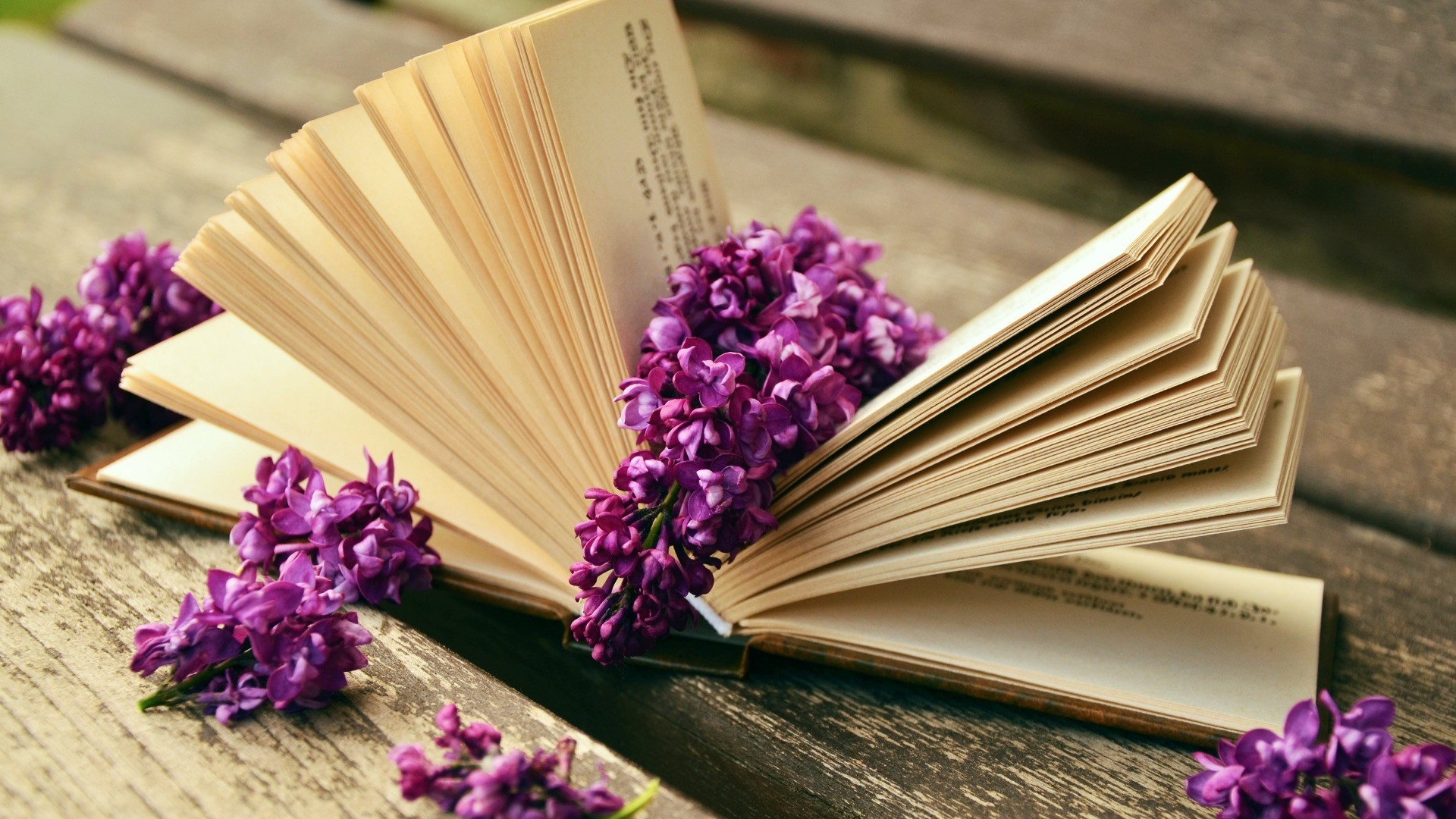
Poetry is a form of literary expression that has captivated hearts and minds for centuries. It is a powerful medium that allows us to convey emotions, evoke imagery, and explore the depths of the human experience through carefully crafted words. In this article, we will uncover 19 fascinating facts about poetry that will deepen your appreciation for this beautiful art form.
Poetry Predates Written Language
Poetry predates written language itself. Before the invention of writing systems, poetry was an oral tradition, passed down through generations as a way to share stories, preserve cultural heritage, and communicate important messages.
The Origins of Poetry
The origins of poetry can be traced back to ancient civilizations such as Mesopotamia, Egypt, and Greece. These early poets crafted verses that celebrated gods, honored heroes and explored the mysteries of the world.
Poetry and the Senses
Poetry has a unique ability to engage all our senses. Through vivid descriptions and evocative language, poets paint pictures with words, allowing readers to taste, smell, hear, touch, and see the worlds they create.
The Power of Rhythm and Meter
Rhythm and meter are essential elements of poetry. The deliberate arrangement of stressed and unstressed syllables creates a musical quality that enhances the impact of the words and contributes to the overall flow and beauty of a poem.
The Role of Poetic Devices
Poets employ various literary devices to enhance the impact of their words. Examples include metaphors, similes, personification, alliteration, and onomatopoeia. These devices add layers of meaning and create memorable and impactful imagery.
Poetry and Emotion
Poetry has a unique ability to evoke deep emotions. Poets tap into universal human experiences, such as love, loss, joy, and grief, and through their words, they create an emotional connection with the reader.

The Influence of Poetry on Other Art Forms
Poetry has been a source of inspiration for other art forms such as music, dance, and visual arts. From song lyrics to choreographed performances and painted interpretations, poetry has influenced and enriched various artistic expressions.
Different Forms of Poetry
Poetry comes in various forms, each with its own set of rules and structures. Some common forms include sonnets, haikus, ballads, free verse, and epic poems. Each form offers unique opportunities for expression and experimentation.
The Importance of Poetry in Education
Poetry plays a significant role in education, fostering language development, critical thinking, and creativity. It encourages students to explore their thoughts and emotions, develop empathy, and refine their communication skills.
Poetry as a Tool for Social Commentary
Throughout history, poets have used their craft to shed light on social issues and advocate for change. Poetry can be a powerful tool for expressing dissent, challenging norms, and inspiring collective action.
Famous Poets Who Shaped the Literary Landscape
The world of poetry is enriched by the contributions of countless poets. From ancient poets such as Homer and Sappho to modern voices like Maya Angelou and Robert Frost, these wordsmiths have left an indelible mark on the literary landscape.
Poetry Slams and Performance Poetry
In recent years, poetry slams and performance poetry have gained popularity. These events showcase the spoken word, where poets perform their work with passion, often addressing contemporary issues and engaging with the audience in a dynamic and interactive way.
Poet Laureates
Many countries appoint Poet Laureates, individuals who are recognized for their literary contributions and appointed to create works that reflect and celebrate the nation’s culture. Poet Laureates often play a role in public events and act as ambassadors for the art of poetry.
Poetry Communities and Workshops
Poetry communities and workshops provide platforms for poets to connect, share their work, and receive feedback. These spaces foster creativity, offer support, and contribute to the growth and development of aspiring poets.
The Healing Power of Poetry
Poetry can serve as a therapeutic tool for both readers and writers. It provides a means of self-expression, catharsis, and healing. Poetry therapy is utilized in various settings, including hospitals, counseling centers, and rehabilitation programs.

The Evolution of Poetry in the Digital Age
The digital age has transformed the landscape of poetry. Poets now have platforms like blogs, social media, and online publications to share their work with a wider audience. The internet has also created opportunities for collaborative projects and the exploration of new poetic forms.
National Poetry Month
National Poetry Month is celebrated in many countries, including the United States and Canada, to promote and raise awareness about the art of poetry. It is a time to honor poets, organize poetry events, and encourage the appreciation and creation of poetry.
Poetry Awards and Prizes
Various prestigious awards and prizes are dedicated to recognizing outstanding works of poetry. These accolades help bring attention to talented poets, contribute to the promotion of the art form, and celebrate excellence in the field.
The Enduring Power of Poetry
Despite changes in society and technology, poetry continues to hold a special place in our hearts. Its ability to transcend time, touch souls, and capture the essence of the human experience ensures its enduring power as a form of artistic expression.
Conclusion
Poetry is a remarkable art form that has the ability to touch hearts, ignite imaginations, and inspire change. It transcends boundaries, connecting people across cultures, languages, and time. Through the careful arrangement of words, poets weave tapestries of emotion, create vivid imagery, and invite readers to explore the depths of their own humanity. As we delve into the world of poetry and uncover its many facets, let us embrace its beauty, power, and enduring legacy.
Frequently Asked Questions (FAQs)
What is the difference between poetry and prose?
Poetry and prose are both forms of writing, but they differ in their structure and language usage. Poetry often utilizes rhythm, meter, and literary devices, while prose follows a more straightforward narrative style without specific rules for line breaks or rhyme.
Can anyone become a poet?
Yes, anyone can become a poet. Writing poetry is a creative expression that is open to all. While some may have a natural inclination or talent for poetry, practice, study, and a love for language can help develop poetic skills.
How can I improve my poetry writing?
Improving poetry writing involves reading widely, studying the works of established poets, experimenting with different forms and styles, and seeking feedback from fellow poets or writing groups. Practice, persistence, and a willingness to revise and refine your work are key.
Is there a specific structure or format for writing poetry?
Poetry can be written in various structures or forms, depending on the poet’s preference and the intended effect. Some poems follow specific rules like sonnets or haikus, while others are written in free verse with no set structure. The choice of structure is up to the poet’s creative vision.
How can I appreciate and understand poetry better?
To appreciate and understand poetry better, read a diverse range of poems from different time periods, cultures, and styles. Pay attention to the language, imagery, and emotions conveyed. Reflect on your own interpretations and engage in discussions with others to gain different perspectives.
Was this page helpful?
Our commitment to delivering trustworthy and engaging content is at the heart of what we do. Each fact on our site is contributed by real users like you, bringing a wealth of diverse insights and information. To ensure the highest standards of accuracy and reliability, our dedicated editors meticulously review each submission. This process guarantees that the facts we share are not only fascinating but also credible. Trust in our commitment to quality and authenticity as you explore and learn with us.
